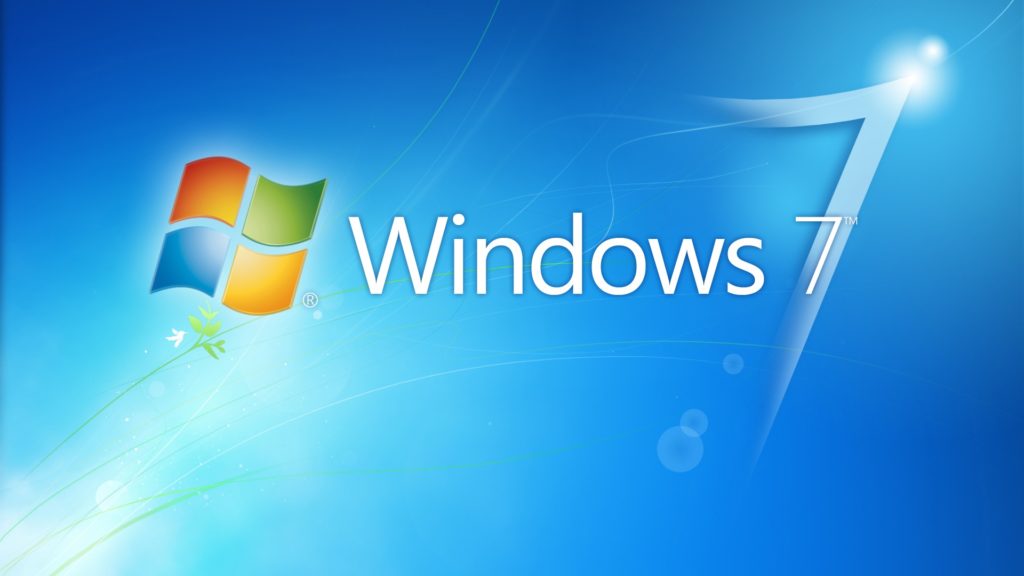As it has been said before, All good things must come to an end. This is what Microsoft said about Windows 7 as the software giant plans to end support for this dated operating System in January 2020. This OS was first released in 2009 and has been around for a little over 9 years and it is time to move on to recent versions according to Microsoft.
In a statement, Microsoft said, “All good things must come to an end, even Windows 7. After January 14, 2020, Microsoft will no longer provide security updates or support for PCs running Windows 7. But you can keep the good times rolling by moving to Windows 10.”
If you have Windows 10 on your laptop/desktop, you will still be able to use it but do not expect any updates from Microsoft from January 15, 2020. This means that you will not get any new features and security updates that might leave your devices vulnerable to attacks. Mainstream support for Windows 7 ended in 2015 but Windows 7 has been getting security updates thanks to extended support.
Businesses that are using Windows 7 will still be able to get continued support if they are willing to pay Microsoft. Ordinary users will not have this option and you will have to upgrade to a newer OS or stick with the unsupported version. For those thinking of upgrading, Windows 10 may be a better option right now as Windows 8 isn’t something you want to use.
35% Market Share
According to Statcounter, Windows 7 had a market share of over 35% as of December 2018. This is a significant number and I do not see all these users shifting to Windows 10 or any other OS within the next 12 months. Some of them may just decide to stick with the unsupported OS and I am sure most don’t even know Microsoft plans to end support in less than 12 months.
Windows 10’s market share is about 52.4% which is good in my opinion. Windows 10 has its issues but given the fact the Windows 8 is just horrible and Microsoft is ending support for Windows 7, you do not have any good option so far unless you are willing to change to a different Operating System.
Now Read: Microsoft Launches ‘Kaizala Pro’ In Kenya



